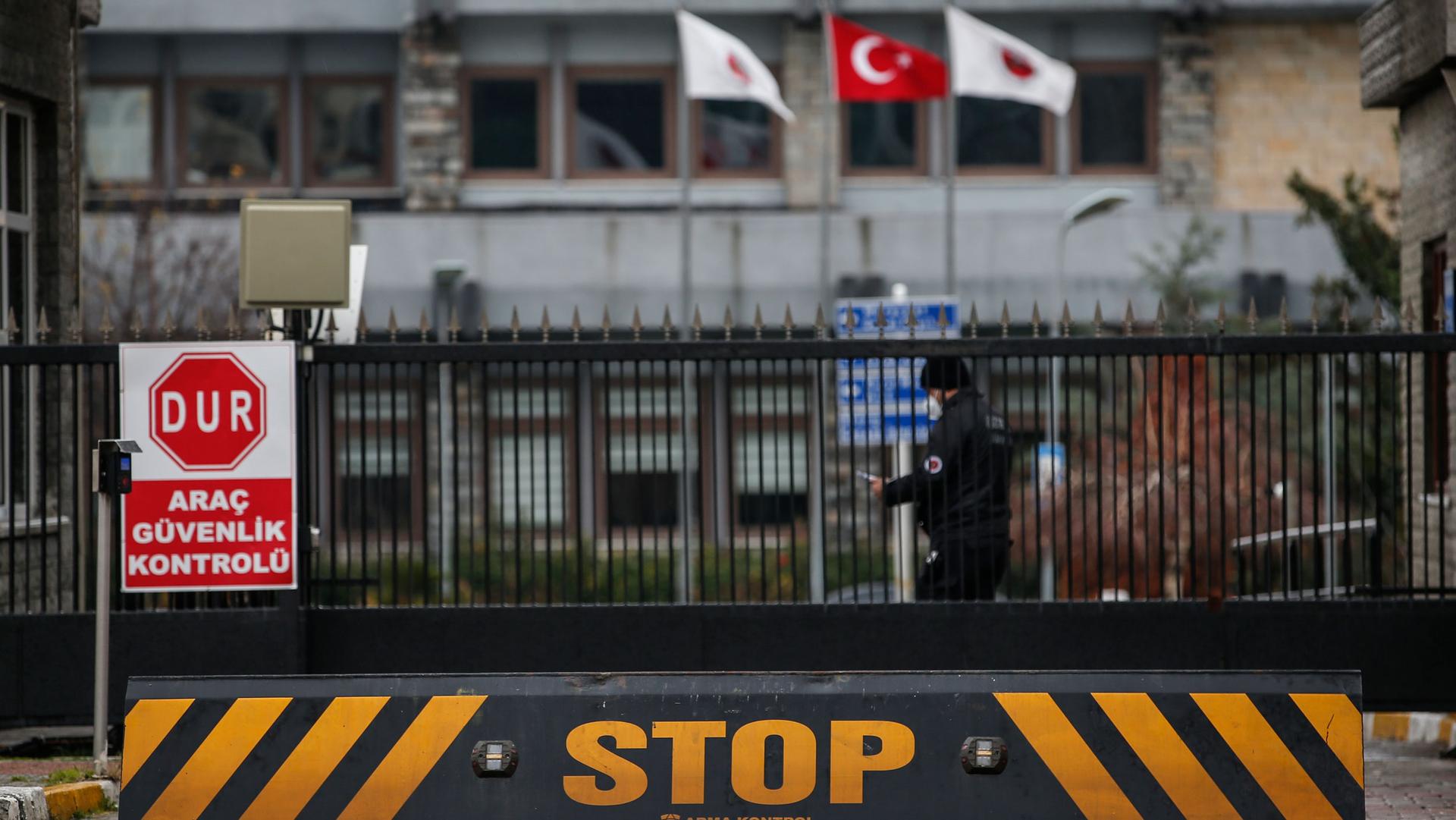The migrants arrive early in the morning in Turkish villages along the Greek border, residents say.
Often barefoot and inadequately clothed, they follow the smoke from the chimneys of houses along the river that mark Turkey’s border with Greece, and knock on doors, seeking help. Others seek shelter in deserted farmhouses in the area.
Last week, 19 migrants froze to death near the Turkish border town of Ipsala.
Their deaths shed new light on pushbacks — the practice of immediately forcing refugees and migrants back over a border without the chance for them to apply for asylum.
Witnesses say pushbacks at the Greece-Turkey border are routine. But Greece strongly denies these claims.
Related: Afghans endure indefinite limbo at 5-star hotel in Albania
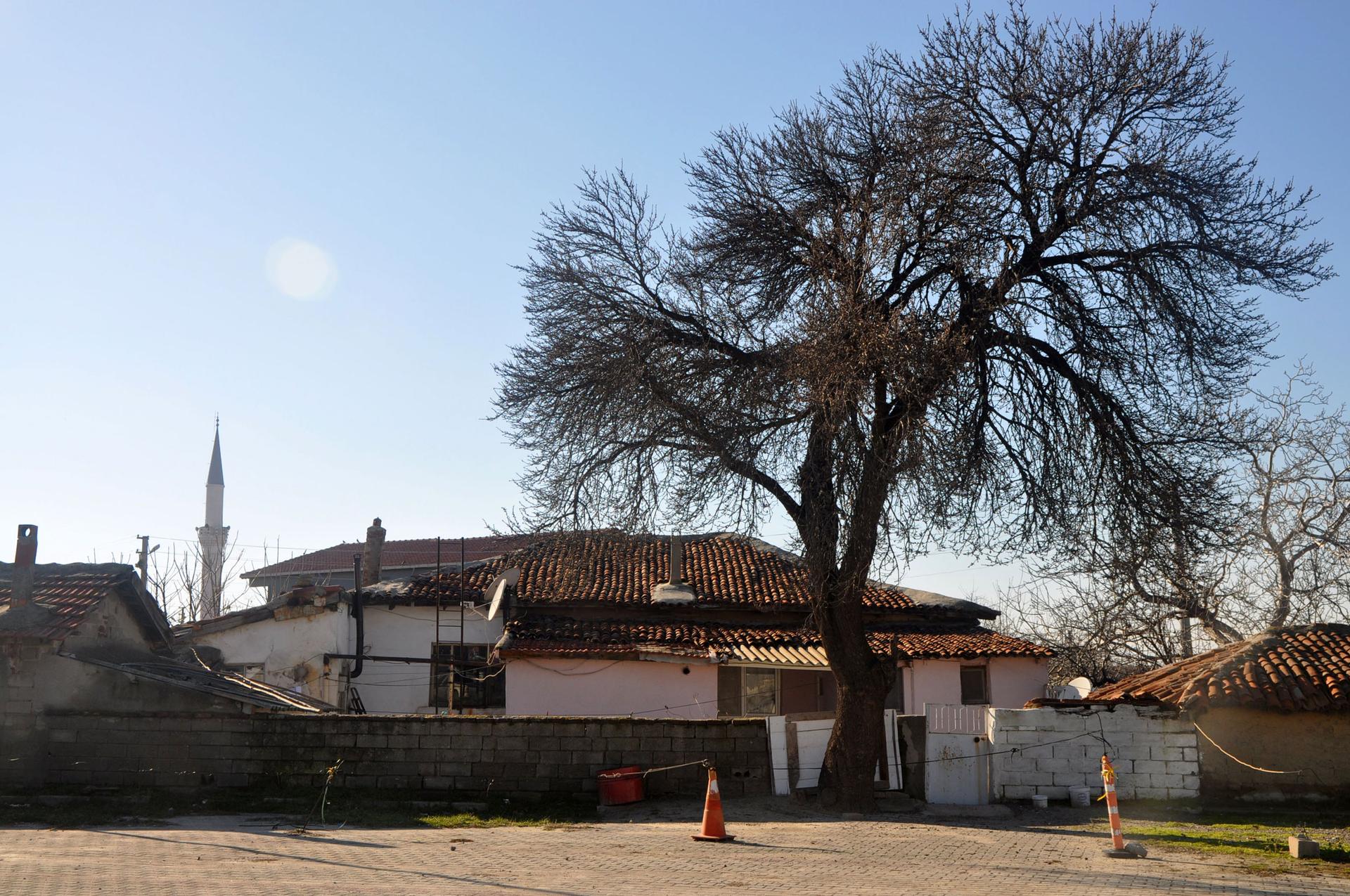
Survivors who were traveling with the group said they were arrested on Greek territory, stripped of their belongings, and forced back into Turkey.
“We had nothing with us, no clothes. Not even shoes. … Does anyone do such torture [to] others?”
“We had nothing with us, no clothes. Not even shoes,” said a survivor identified by Turkish state media as Riyaz A. “Does anyone do such torture [to] others?”
Riyaz said he was from Bangladesh, in an emotional interview given to a handful of pro-government Turkish media channels and later posted on YouTube. He also said he was traveling with about 50 people from Pakistan, Nepal, Bangladesh, Afghanistan and an unspecified African country.
He said the migrants were held in a Greek detention center for two or three days without food or water.
On Feb. 1, Greek police deported the young men across the river that forms the Greece-Turkey border and forced them to walk into Turkish territory, according to Riyaz’s testimony.
The majority of the group stopped to rest on that rainy night, many without coats. But Riyaz said he and a friend made the decision to keep walking.
“The Turkish police provided us with food, jackets and medical treatment,” Riyaz said. “This is why we are fine now, otherwise we could have died.”
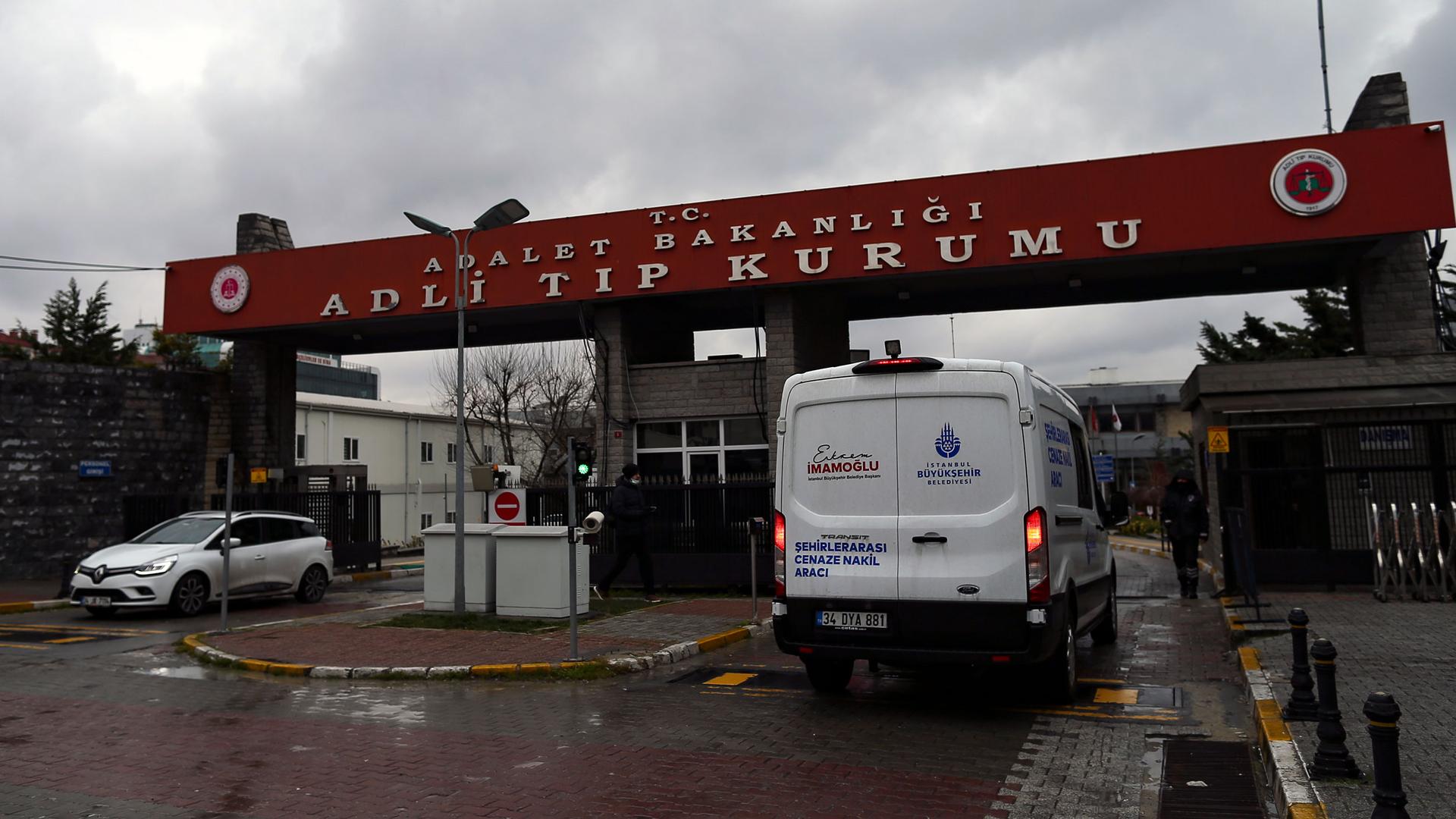
Selim Vatandaş, an analyst and researcher for the Istanbul-based International Refugee Rights Association, visited the scene near Ipsala immediately, to interview first responders and witnesses.
“There’s no doubt that it violates international conventions to which Greece is a party.”
“There’s no doubt that it violates international conventions to which Greece is a party,” Vatandaş said.
The 19 victims were all young men under the age of 30, he said. They were found in various levels of undress — a fact confirmed by blurred out photographs of the bodies, released by Turkish officials.
Victims were found with no wallets or cell phones, Vatandaş said, making it difficult for authorities to contact their families. Forensics teams will have to resort to DNA samples from hair and dental records to identify them.
“In this kind of situation, it takes three to five months, unfortunately,” Vatandaş said.
The Greek government has denied any responsibility for the deaths.
Greek Minister of Migration and Asylum Notis Mitarachi has accused Turkey of creating “false propaganda.” In a Feb. 2 statement, he claimed that the migrants never made it to the Greek border, and that any suggestion they had been pushed back into Turkey was “utter nonsense.”
Related: ‘We have no future’: Afghan women protest Taliban restrictions
On Sunday, protests in Athens took place against border pushbacks.
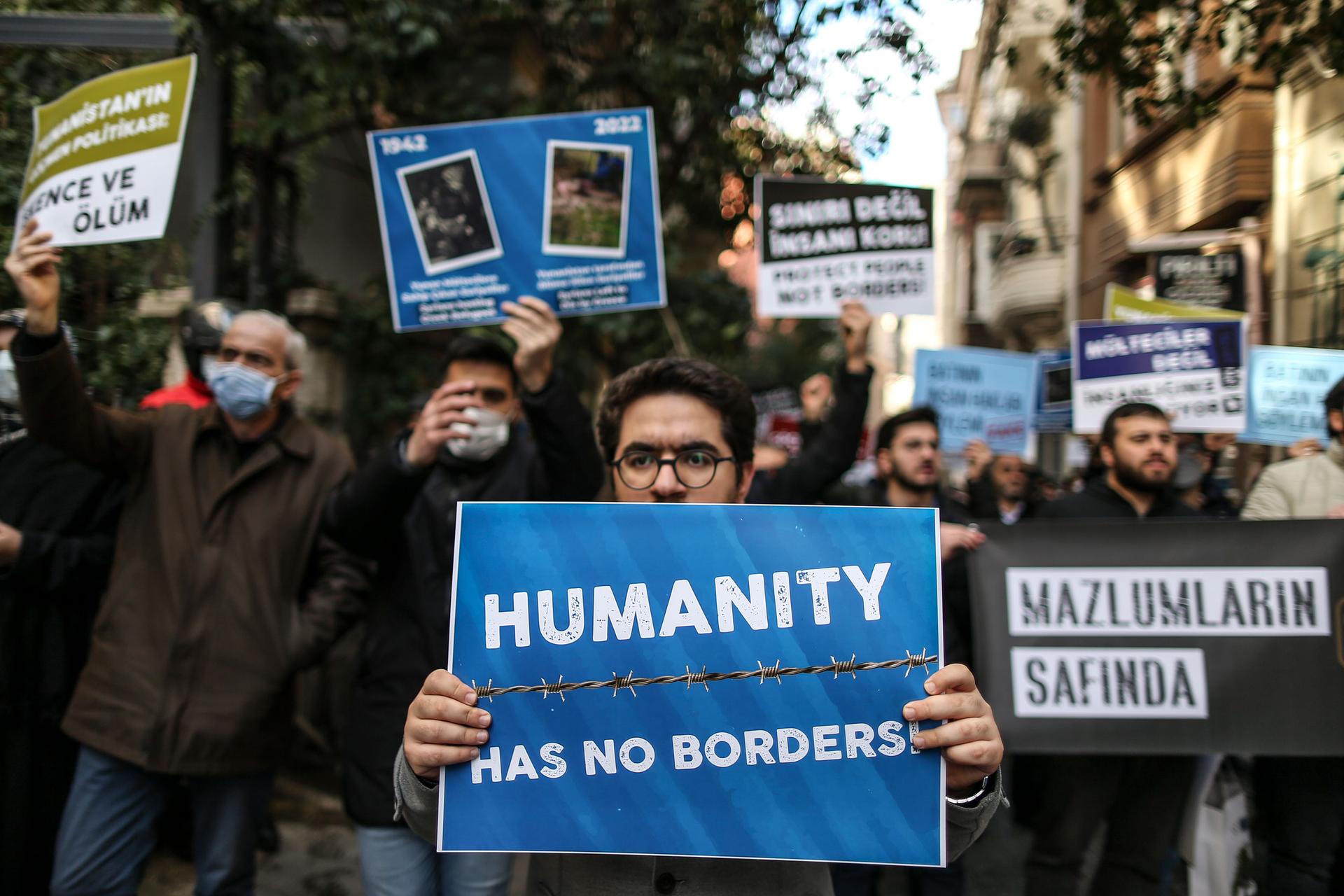
Over the past two years, the United Nations has documented 550 cases of Greek authorities forcing migrants out of the country. It now faces at least eight lawsuits in the European Court of Human Rights.
“What’s concerning is that they’re very consistent, the number of reports is increasing and also the level of violence during these pushback incidents is also increasing.”
“What’s concerning is that they’re very consistent, the number of reports is increasing and also the level of violence during these pushback incidents is also increasing,” said Louise Donovan, an Athens-based communications officer for the UN Refugee Agency, UNHCR.
Donovan said it has been challenging to independently verify the details of last week’s case at the Turkish border. Her office is calling for an independent investigation.
Related: ‘The best is yet to come’: Thousands of Bulgarians return home during pandemic
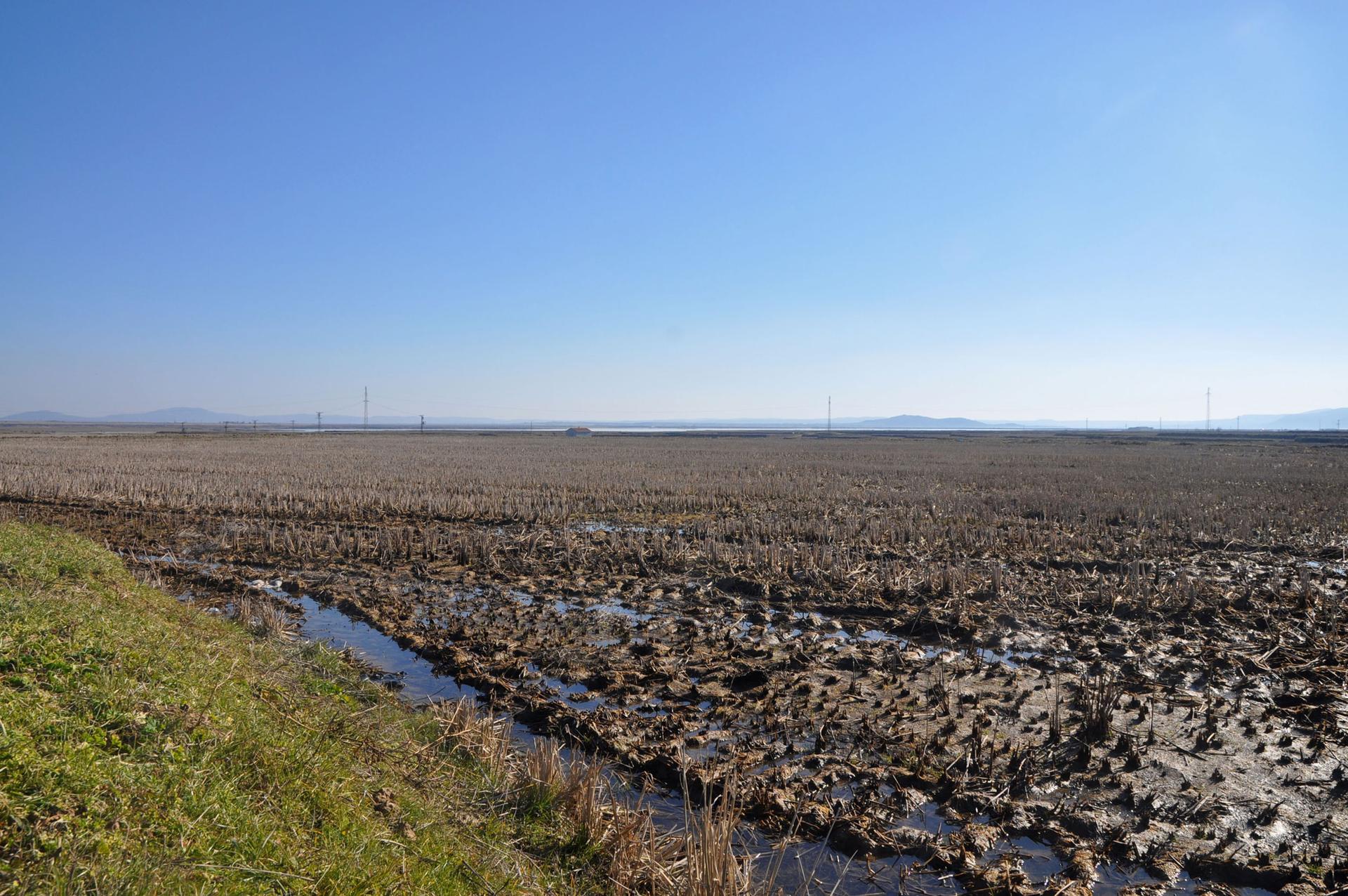
Pushbacks are not unique to Greece. Turkey has also been documented as pushing migrants back from its border with Iran.
Fewer people are making the dangerous trip to Europe, but the journey is getting deadlier. An estimated 111 migrants and refugees have been reported dead or missing in the Mediterranean region since Jan. 1.
Despite the risk, migrants in Turkey continue to walk to the Greek border in hopes of a safe crossing.
In Ipsala, farmers say they regularly find groups of migrants hiding in their rice fields. Sometimes, people drown trying to cross the river over to Greece. Local village leaders regularly put out calls for clothing donations on WhatsApp.
In Ipsala’s main square, a woman named Sevinç Anne, or Mother Sevinç, sells fresh rounds of fried dough for two Turkish liras — about $0.15. Many of her customers are the migrants who get off buses that arrive in town every night, she said.
“We collect shoes and socks for them when they get pushed back,” she said.
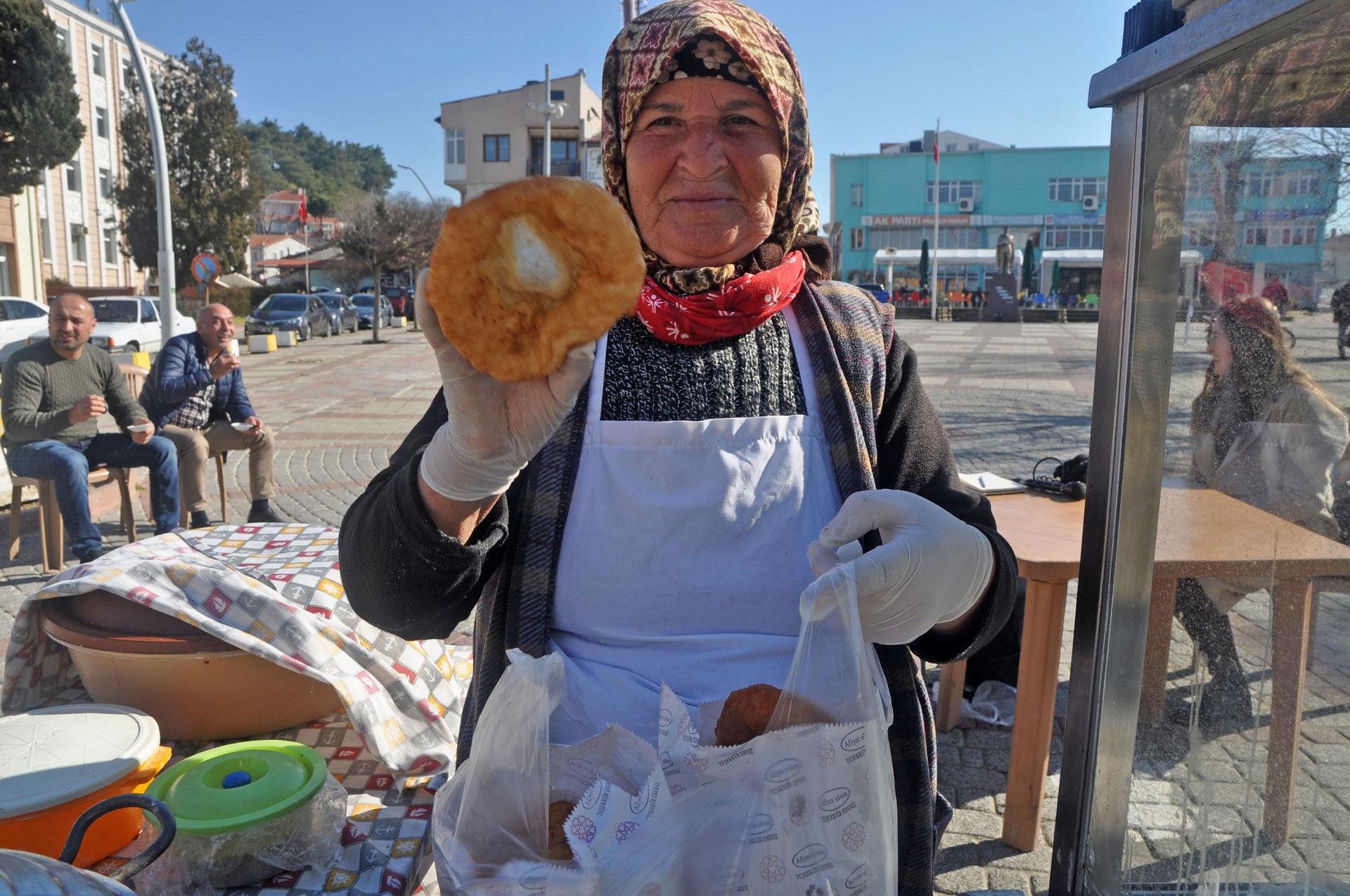
Some stick around for a month or so, earning money at local factories before trying to cross again.
“They’re hungry and I feed them,” she said. “What can I do? I can’t let them go.”
Editor’s note: Translations from Hindi and Bengali provided by Muktadir Rashid.
Our coverage reaches millions each week, but only a small fraction of listeners contribute to sustain our program. We still need 224 more people to donate $100 or $10/monthly to unlock our $67,000 match. Will you help us get there today?
